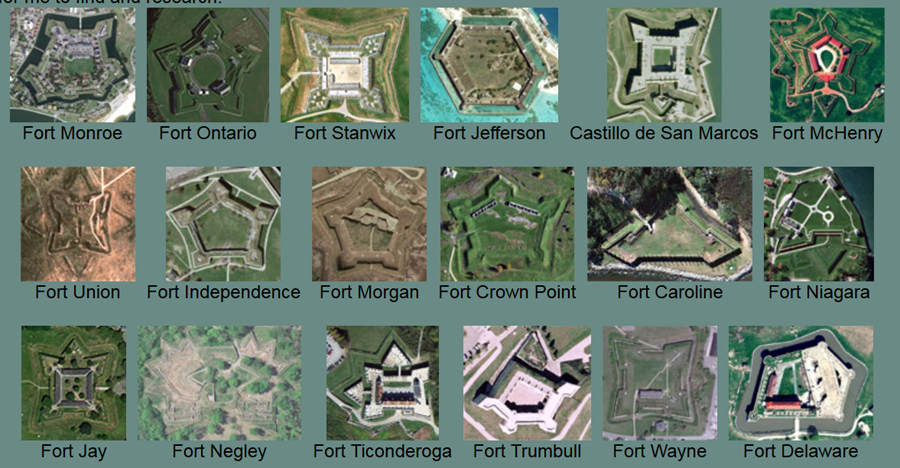

The two countries have their own competing interests in the Arctic, with interactions between the two actors to proceed at a cautious pace for now. Russia and China’s relationship is nuanced. This has prompted NATO countries, led by Norway and the U.S., to conduct their own war games in the region and has raised concerns over the potential emergence of a Russia-China alliance in the region. At the same time, Russia has been militarizing its Arctic territory, re-opening Soviet-era military bases, investing in new Arctic-specific technologies, and conducting extensive war games across the region.

The ability to exploit newly available Arctic resources is drawing increasing interest from both commercial and national actors and is enticing nations, such as China and Japan, to pour both political and financial capital into the region.Īs new commercial relationships emerge in the Arctic, Russia and China are increasingly collaborating on Arctic development-with China providing capital for Russian energy and infrastructure projects.

In addition to energy reserves, critical minerals, and fisheries, newly opened shipping lanes across the Arctic could potentially help to re-route global trade and enable high-speed internet connectivity between Europe and Asia. Rapidly receding sea ice is enabling access to a range of highly valuable resources across the Arctic.


 0 kommentar(er)
0 kommentar(er)
